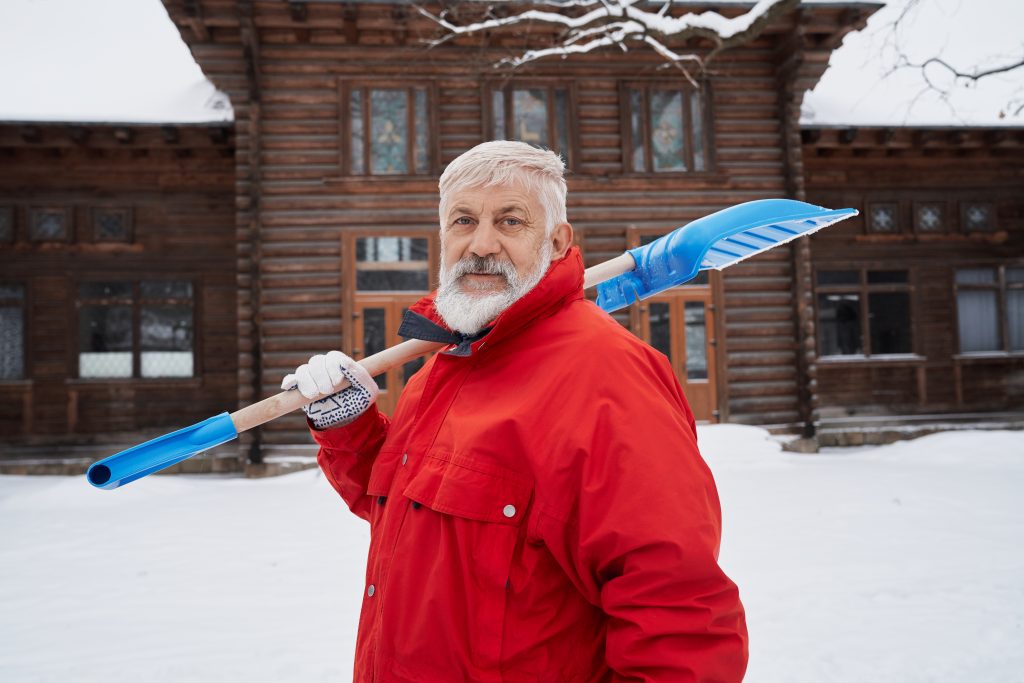
Snowstorm brings increase in heart attacks
Hamilton-area residents are still digging themselves out after the recent heaping of snow earlier this week. As shovels and snow blowers went to work, Hamilton Health Sciences’ emergency departments (EDs) saw a significant increase in the number of patients experiencing serious heart attacks.

Dr. Craig Ainsworth
“Statistically, we see a rise in heart attacks and heart-related deaths after significant snowfalls,” says Dr. Craig Ainsworth, director of the Cardiac Care Unit at Hamilton General Hospital (HGH). “Repeatedly lifting heavy snow causes your heart rate to increase and blood pressure to rise considerably. For some people, especially those with certain risk factors, this can lead to a heart attack.”
Those with known heart disease, people who are sedentary, and those middle-aged or older are at higher risk. Ainsworth advises people at risk to ask a friend or neighbour for help, use a smaller shovel to lighten the load or, if possible, invest in a snow blower.
Know the signs
If you must shovel, be mindful of heart attack warning signs, which can vary significantly from person to person. Some people may experience pain in their neck and shoulder, while others become nauseous and light-headed.
“Statistically, we see a rise in heart attacks and heart-related deaths after significant snowfalls.”
Wide-ranging symptoms can include:
• Chest discomfort such as pressure, squeezing, fullness, pain, burning or heaviness
• Upper body discomfort in the neck, jaw, shoulder, arms or back
• Tingling or numbness
• Nausea and vomiting
• Dizziness
• Sweating
• Shortness of breath
• Feeling of the heart pounding
• Indigestion
• Feeling faint or anxious
When in doubt, call 9-1-1
Hospitals, including EDs, are under enormous strain due to the COVID-19 Omicron variant. But you’re not helping yourself or the health care system by waiting out heart attack symptoms at home. Anyone experiencing symptoms needs to be seen immediately.
“Our EDs prioritize the sickest patients such as those experiencing traumatic injuries or those having a stroke or heart attack,” says Patty Arpino, clinical manager of the ED at HGH.
Follow these steps if you or someone nearby has symptoms:
1. Call 9-1-1
2. Stop all activity and sit or lay down
3. If you have nitroglycerin, take your prescribed dose
4. Take Aspirin. Chew and swallow one 325 mg or two 81 mg tablets
5. Rest and wait for help to arrive
Knowing the signs and acting quickly could save your life, or the life of a loved one. Read this short article to learn more about heart attacks, and what to do if they strike.
Protect your heart, and your back
Proper technique while shoveling can also save you from an injury to your back, legs or arms. Use the large muscles in your legs to lift, only pick up small amounts of snow at a time, and when you can, push the snow rather than picking it up.
See how it’s done in this video.
